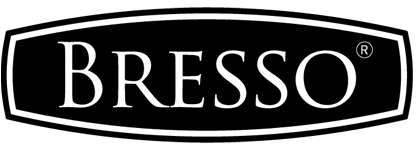For bakeries specializing in pastries, laminated doughs like croissants and danish pastries are a staple. Achieving consistent layering and thickness in these doughs is essential for optimal texture and rise. This is where a Danish dough sheeter comes in – a workhorse bakery equipment that streamlines pastry production and elevates product quality.
What is a Danish Dough Sheeter?
A Danish dough sheeter, also known as a dough laminator, is a mechanized device that precisely rolls and flattens dough. It features a motorized rolling pin that passes over a dough sheet, progressively thinning it to a desired thickness. Most models offer adjustable settings for variable dough thickness control.
Benefits of Using a Danish Dough Sheeter in Bakeries:
- Increased Efficiency: Manual rolling is time-consuming and labor-intensive. Dough sheeters significantly reduce prep time, allowing bakers to focus on other tasks.
- Consistent Dough Quality: The sheeter ensures uniform thickness throughout the dough, leading to even baking and a more consistent final product.
- Improved Lamination: For pastries like croissants, consistent layering is crucial. Dough sheeters achieve this perfectly, enhancing flakiness and texture.
- Reduced Labor Costs: By automating the rolling process, bakeries can minimize labor requirements and optimize workflow.
- Versatility: These machines can handle various doughs, including puff pastry, pizza dough, and pie crusts, offering bakers great flexibility.
Types of Danish Dough Sheeters:
- Benchtop Sheeter: Compact and ideal for smaller bakeries with limited space.
- Floor Sheeter: Larger and more powerful, suited for high-volume production bakeries.
- Automatic Sheeter: Features automated feeding and folding systems for maximum efficiency.
Factors to Consider When Buying a Danish Dough Sheeter:
- Bakery Size and Production Volume: Choose a sheeter with a capacity that meets your daily dough processing needs.
- Dough Types: Consider the types of dough you work with most often and ensure the sheeter can handle their specific characteristics.
- Desired Features: Think about features like variable speed control, dough folding capabilities, or tabletop vs. floor model preference.
- Budget: Dough sheeters range in price depending on size, features, and brand. Determine your budget and prioritize features most valuable to your bakery.
Investing in a Quality Dough Sheeter:
A Danish dough sheeter is a valuable asset for any bakery specializing in laminated doughs. It streamlines production, ensures consistent quality, and allows bakers to focus on their craft. By considering your specific needs and budget, you can choose the perfect dough sheeter to take your pastries to the next level.

